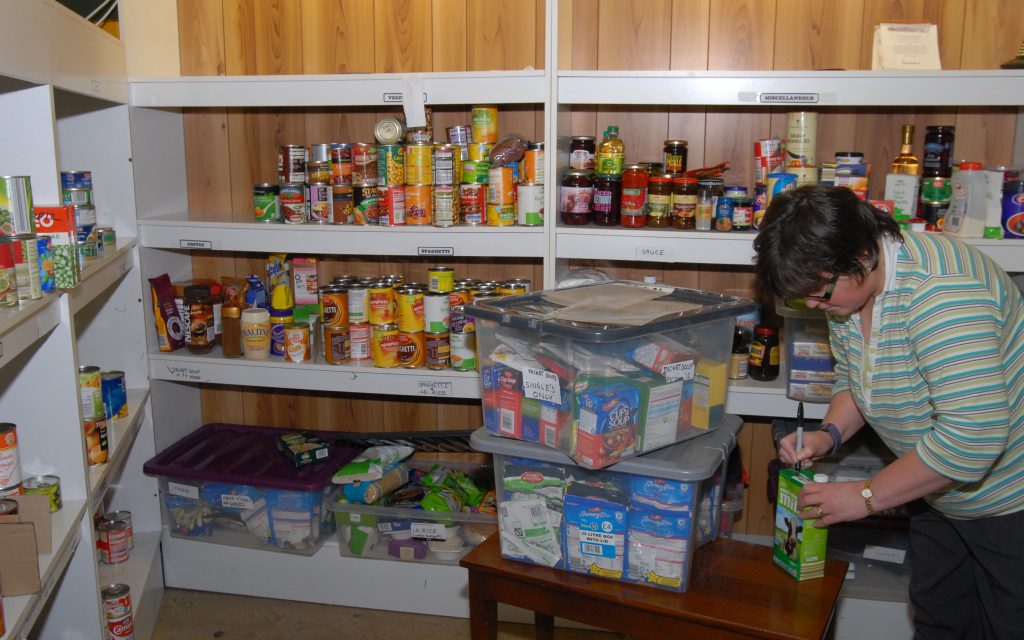 Poverty
Poverty 
Last week’s Welsh Government Tackling Poverty Action Plan was a real improvement on the previous version. It actually included some new, specific and targeted action aimed at one of the root causes of poverty – lack of work. Its focus on reduction, prevention and mitigation of poverty also usefully categorises different kinds of action (although whether they are sufficient is another matter).
But with Wales facing a potentially massive increase in poverty, I believe it is time to think differently, more creatively and more radically about what the Welsh Government and public, private and third sector organisations should do. This article is the first of several that try to do this, and starts by looking at ‘poverty’ itself.
What do we mean by poverty?
How we define a problem shapes how we try to solve it. It is widely accepted that someone lives in poverty if their household income is less than 60% of the median income of similar types of household, usually after housing costs. But most people also acknowledge that this is an imperfect measure for a whole variety of reasons. It is particularly problematic for the Welsh Government because it has virtually no control over taxation and benefits which are the main ways of shaping relative household incomes.
A broader definition of poverty is emerging from work being carried out by the Joseph Rowntree Foundation. This considers that someone lives in poverty if their resources are insufficient to meet their needs. This of course begs a lot of questions about what is sufficient and what are needs, but nevertheless it opens the door to a more sophisticated and, for Wales, more helpful approach. I’ll look at these issues in more detail in future articles.
Who lives in poverty?
The second important issue that comes from using a simple, standard measure of poverty is that it treats everyone on a very low income as the same, and therefore offers the same solution. The Welsh Government’s Tackling Poverty Plan, for example, assumes everyone living in poverty is of working age and workless, and therefore majors on jobs, training and educational support for children receiving free-school meals. But this blanket approach misses the mark:
- about half of those living in poverty are in households where someone is already in work. ‘Helping people into jobs’ – the main feature of the Welsh Government’s action plan – will not help the in-work poor at all;
- about one in five people in poverty are pensioners – again, ‘helping people into jobs’ is no help to them;
On top of this, people move into and out of poverty, with only about one in eight adults of working age being in poverty for three out of the four previous years. There is a real risk that policies ‘cream off’ those who would have increased their incomes anyway, whilst failing to prevent people falling into poverty or addressing action at those who are in persistent poverty.
Public policy needs to delve much deeper into the question of poverty.
It must ask and address questions such as:
- which people in Wales are affected by poverty?
- what are the causes of their low incomes – no work, not enough work, low paid or insecure work, too high housing costs, too low benefits?
- what are people’s movements in and out of low income?
- And crucially, where can Welsh Government, local government and others make a difference?
Next year’s tackling poverty plan will need to be much more sophisticated if it is to have any impact on the thousands of people and families on poverty level incomes in Wales. The time for fine words has run out.
Victoria Winckler is Director of the Bevan Foundation. This is one of a series of articles in the run up to the publication of the Joseph Rowntree Foundation’s report ‘Monitoring Poverty and Social Exclusion in Wales’ in September 2013.



I agree these are interesting and challenging questions but one persons experience of poverty compared to another is often very different. For example those In well connected networks within their community where relatively the position may not be defined as poor compared to someone isolated with the same circumstance. Psychologically the impact may be greater. Focusing on building networks and resilience makes initiatives more likely to impact. I m sure it’s there already but I really think you have to have community in the mix otherwise the cumulative impact is not big enough to change things. Lolling at Social
Network analysis can help.